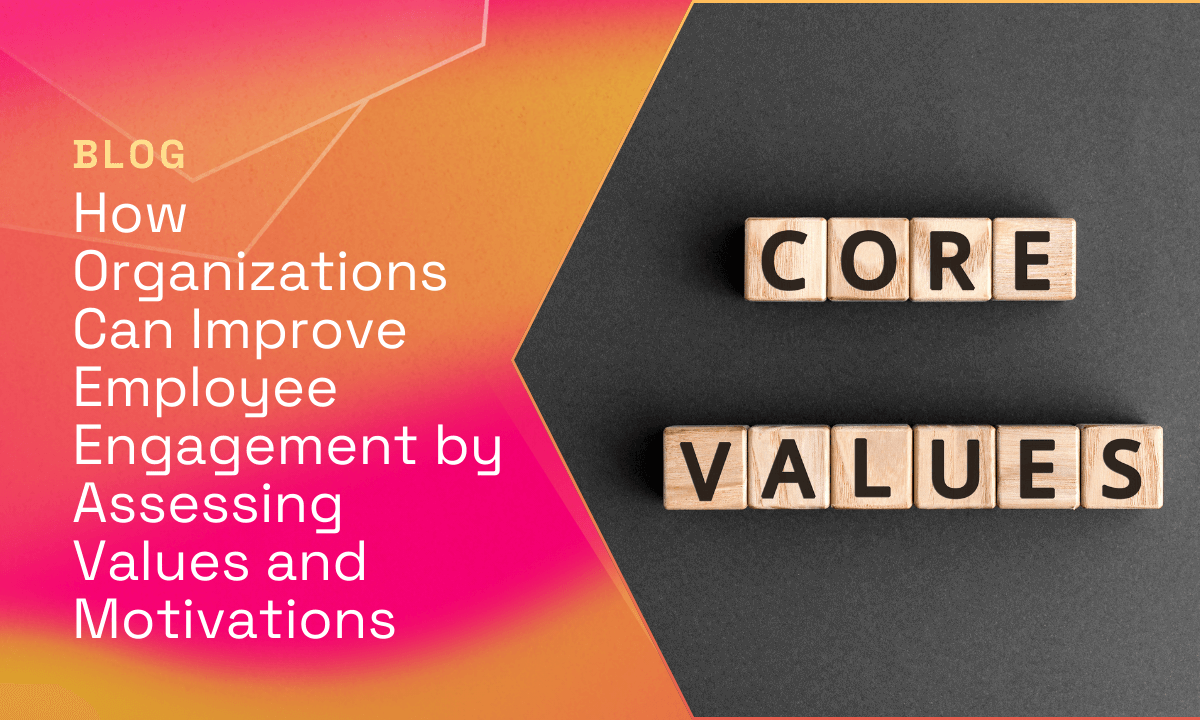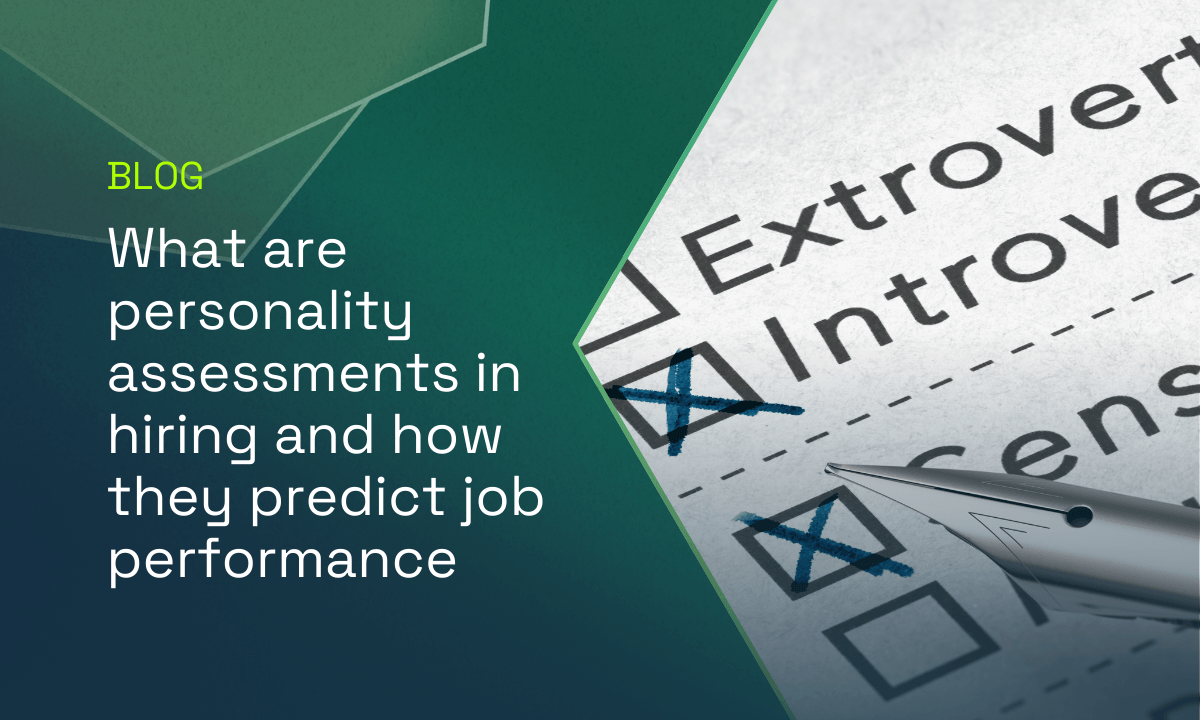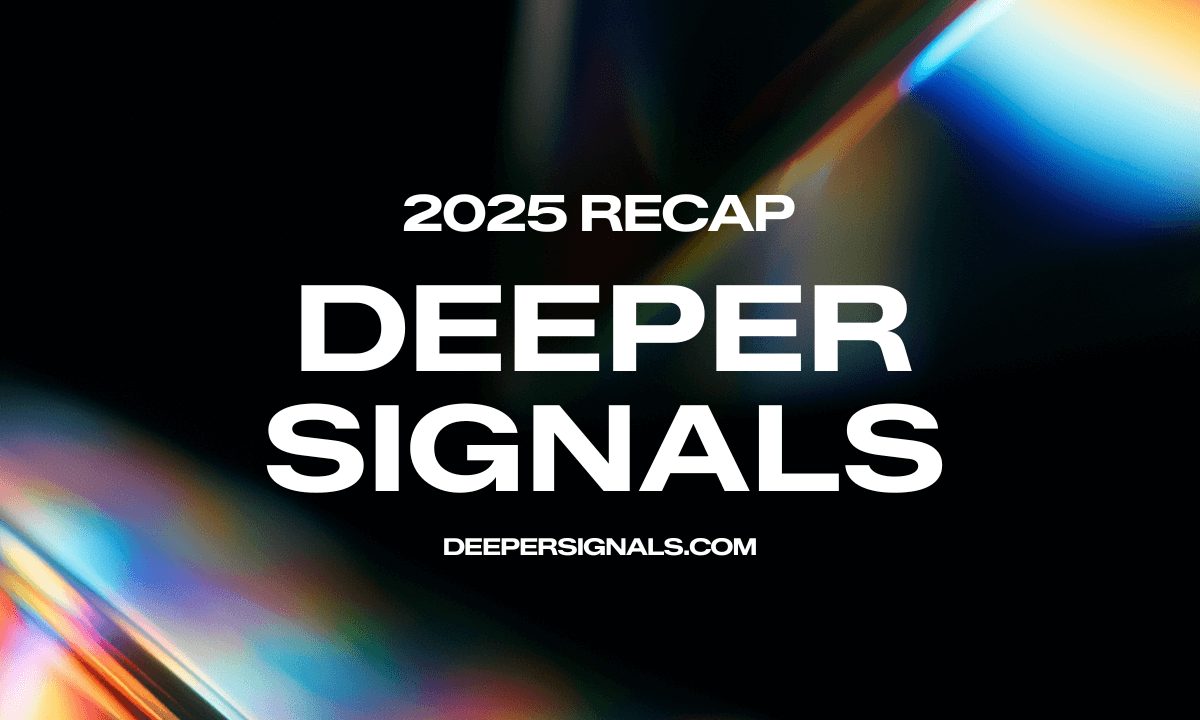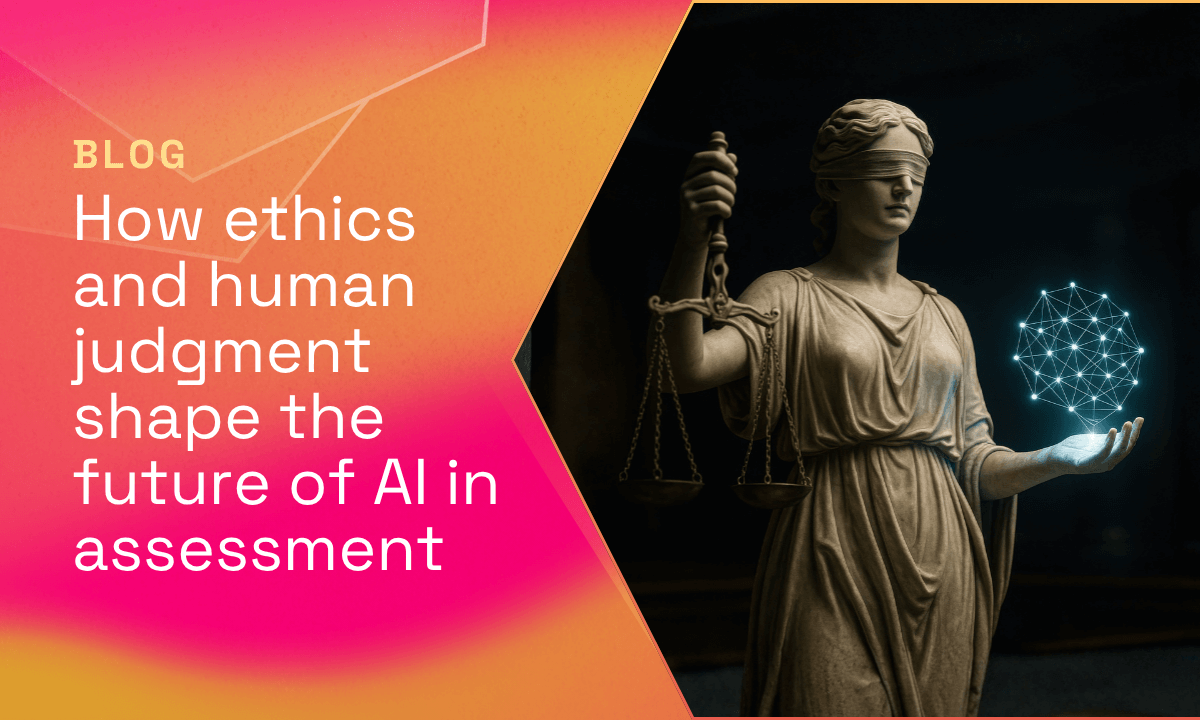Why talent assessments must change
Those with experience coaching others will agree that disparities in self-awareness are critical to success or failure. Those who demonstrate self-awareness are more successful in their careers, and lead more effective and engaged teams. Without self-awareness, people cannot not take another’s perspective, exercise self-control, or maintain effective relationships at work. Lacking self-awareness is also a key component in failing to adapt and change, and lies at the heart of the self-serving bias. We tend to dislike those people who don’t understand how they show up in life and affect other people.
Although personality assessments and data-driven feedback can overcome these challenges, the current state of the industry is holding back the promise of these tools.
An industry has grown up around giving people feedback and self-understanding: 360º surveys, personality reports and coaching is readily available. In order to maximize profits, these methods are designed to be complex, jargonistic, exclusive and very expensive. They play on the human tendency to respect the work of lab-coated technologists playing with the inner recesses of our psyches. Unfortunately, these businesses act like guilds, limiting access to the employed executive elite who can afford these high-touch services.
Furthermore, the word "assessment" is itself a barrier to self-awareness. No one enjoys being tested and being put into a box, especially when they receive no feedback in return. Unfortunately that is what traditional assessment tools do. These tools simply extract data from job seekers and employees, without returning any meaningful feedback and advice on their development. They also view people as static and unchanging, which oversimplifies the reality of human behavior. This approaches maximizes the profit of vendors looking to "predict performance", but it does little to grow talent and self-awareness.
Instead, what we should be doing is building engaging and participative tools that democratize self-awareness and are as accessible as Netflix and Instagram. Personality is not prophecy. We should approach personality assessment as a baseline for development that helps people become the best version of themselves, not as prediction for how one will behave for the rest of their lives.
If we can remove the barriers to self-awareness, and use modern technologies and assessment methods in an equitable and transparent way, we can all start to understand ourselves, and each other, better.
When it comes to re-designing assessment tools ask yourself these questions:
- Is the user experience truly engaging and frictionless, or is it long, cumbersome and complicated?
- Is the process transparent and participatory, or opaque and ambiguous?
- Are you giving meaningful feedback and insights to users?
- Does the tool promote equity and inclusivity by scaling across the entire business, or is it overly expensive and reserved only for the for seniors executives?
- Is the feedback relatable and readily understood, or does it require an expensive and costly coach to interpret?



.jpg)

























